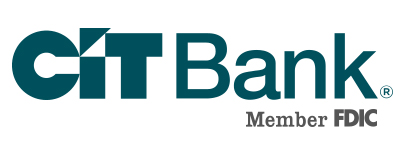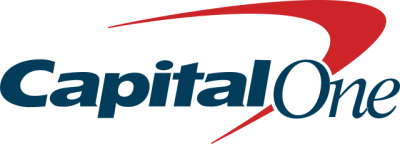Pros:
- Low opening required amounts
- Variety of personal deposit accounts
- Business accounts available
- Bump Rate CDs
Cons:
- Cannot open accounts online
- Most accounts have a monthly fee
- Accounts have tiered interest rates
- Full account information not online
Pros:
- No minimum opening deposits
- Interest rates not tiered
- ATM fee reimbursement
- Can open accounts online
Cons:
- Max-Rate checking account has a fee
- Limited personal accounts offered
- Low interest rates on accounts
- Business accounts limited
NewDominion has low opening required amounts for most of their accounts. Checking, savings, and one money market account do not have a required amount to open the account. All the CD terms require $1,000 to open. The Evolve money market account requires $1,000 to open.
There are a variety of personal deposit accounts offered through NewDominion Bank. They offer two checking accounts, one savings, two money market accounts, and a variety of CD terms. NewDominion offers a savings account specifically for youth and investment options. Mortgage, home equity, auto, and personal loans are also offered.
Along with personal accounts, NewDominion offers business accounts. They offer checking accounts, money market accounts, and CDs for businesses. They offer business and equipment loans, lines of credit, and commercial real estate loans. Business accounts include online banking, mobile check deposit, and ACH services.
NewDominion offers Bump Rate CDs. Most CDs lock in rates from the day you open the account to maturity. However, the Bump Rate CDs allow for a one time increase to a higher interest rate during the term of the CD. The Bump Rate CDs are available in a 23-month and 35-month CDs. They each require $1,000 to open.
NewDominion Bank accounts cannot be opened online. To open an account, you must first schedule an appointment. A bank representative will call, or you can visit a branch location to finish opening the account. NewDominion currently does not offer any online accounts.
Most NewDominion accounts have a monthly fee. The fees range from $15 to $25 depending on the account. Waive the monthly fees by keeping a set balance in the account. Those balance range from $2,500 to $10,000. The average amount kept in the account is an average daily balance.
To earn the most competitive rate, the NewDominion MMA requires a large sum. Any amount in the account earns interest, but to receive the highest rate requires $100,000 in the account. The savings account also has tiered rates. To earn the most competitive rate requires $10,000 in the savings account.
NewDominion website does not have a complete list of fees and account information. For complete details, you must visit a branch location or contact customer service. Open an account in the branch.
E*TRADE accounts do not have set amounts required to open accounts. You can open the Premium savings, Max-Rate checking, and E*TRADE checking with any amount. To avoid a monthly fee may require a set balance, but not to open the account.
The interest rates for E*TRADE Bank accounts are not tiered. Any balance earns the most competitive interest rate. The highest rates are not competitive with other online-only accounts. But any balance earns the best rate.
E*TRADE Bank accounts offer unlimited ATM fee reimbursement. There are no ATM fees for money withdrawn from ATMs across the nation. To get a refund, you must meet certain qualifications. If you qualify for the refund, the money should be in your account by the end of the day of the ATM transaction. Not all accounts offer ATM fee refunds.
You can open E*TRADE accounts online. They are available for anyone to open across the United States. You can transfer money from external bank accounts into your E*TRADE account.
The E*TRADE Max-Rate checking account has a monthly fee. The fee is $15 a month. Waive the fee by keeping a set account balance in one account or an average in multiple accounts. Having a direct deposit over $200 waives the fee. Making a set amount of trades can also help waive the fees.
The types of personal accounts offered through E*TRADE Bank are limited to new customers. Those accounts include a savings account and two checking accounts. More accounts may be available once you become a customer.
The E*TRADE Bank accounts earn interest, but the rates are low. The interest rates are not competitive with other online accounts. Any account balance earns the most competitive rate. Even the highest rates are not competitive with other online accounts.
E*TRADE offers limited accounts for small businesses. They do not offer traditional accounts for small or commercial businesses. The accounts offered to small businesses include retirement accounts.


